Cast & Crew
Ariodante – Cecilia Bartoli
The King of Scotland – Nathan Berg
Ginevra – Kathryn Lewek
Lurcanio – Rolando Villazón
Polinesso – Christophe Dumaux
Dalinda – Sandrine Piau
Odoardo – Kristofer Lundin
Conductor – Gianluca Capuano
Director – Christof Loy
Set designer – Johannes Leiacker
Costume Designer – Ursula Renzenbrink
Lighting Designer – Roland Edrich
Description
Loy turns Handel’s splendid baroque opera into an exciting and differentiated reflection on gender roles and introduces us to the ruthless world of intrigue at the Royal Court of Scotland – “one of the most intelligent opera works one has ever seen in the early repertoire” (ORF).
A high-class ensemble, first and foremost a brilliant Cecilia Bartoli in the trouser role of the knight Ariodante who effort- lessly switches between cheerful and lamenting virtuoso singing – “a league of her own!” (Standard) – makes the production a true triumph. At her side perform audience favourite Rolando Villazón as Lurcano, French soprano Sandrine Piau as desperate love-seeking Dalinda and young American soprano Kathryn Lewek, praised by critics as a “true discovery” (Neue Zürcher Zeitung).
Gianluca Capuano at the podium of the Musiciens du Prince – Monaco “provides for elegance, richness of colour and a sensi- tive, stirring realisation of the ingenious score” (Kurier).
A high-class ensemble, first and foremost a brilliant Cecilia Bartoli in the trouser role of the knight Ariodante who effort- lessly switches between cheerful and lamenting virtuoso singing – “a league of her own!” (Standard) – makes the production a true triumph. At her side perform audience favourite Rolando Villazón as Lurcano, French soprano Sandrine Piau as desperate love-seeking Dalinda and young American soprano Kathryn Lewek, praised by critics as a “true discovery” (Neue Zürcher Zeitung).
Gianluca Capuano at the podium of the Musiciens du Prince – Monaco “provides for elegance, richness of colour and a sensi- tive, stirring realisation of the ingenious score” (Kurier).
Summary
The knight errant Ariodante falls passionately in love with Princess Ginevra. He eventually not only wins her favour, but is so outstandingly courageous that the King decides to make him his son-in-law and successor.
ACT I
Polinesso, Duke of Albany, according to ancient law successor to the throne, learns the King’s plans from Dalinda, Ginevra’s lady-in-waiting. He determines to bring down the outsider Ariodante. This must happen quickly, as the wedding is planned for the very next day. Polinesso intends to eliminate Ariodante with the help of Dalinda, who has declared her love for him. The plan is for Dalinda to don Ginevra’s garments during the coming night and admit Polinesso to the Princess’s apartments. Ariodante should observe this and come to believe that Ginevra is unfaithful to him. Dalinda, who is blindly devoted to the Duke, agrees to the scheme.
Meanwhile, Ariodante and Ginevra’s betrothal is celebrated at court. Nobody suspects the dark hours that lie ahead for all concerned. Polinesso capitalizes on the festivities in order to gain Ariodante’s confidence.
ACT II
Several hours later, in the depths of night. — Polinesso confesses to Ariodante that Princess Ginevra is really having an affair with him. Ariodante is just about to kill the Duke for this perfidious slander, when the door to the ladies’ apartments opens. In the darkness of night, Polinesso’s plan succeeds: Ariodante believes that Dalinda in disguise is his bride Ginevra. Dalinda grants the Duke access to ‘her’ apartments. Ariodante’s brother Lurcanio, who has observed the situation from a distance, also believes that Ginevra has been unfaithful. He manages with difficulty to dissuade his brother from killing himself. The lovelorn Ariodante withdraws. In the meantime, Polinesso and Dalinda have spent the night together. Dalinda senses under what false premises she has succumbed to the Duke’s advances.
When the King summons Parliament at dawn in order to settle the succession, terrible news reaches him: Ariodante has thrown himself into the sea and lost his life in the waves.
Scarcely has the King communicated this news to his daughter than Lurcanio arrives and raises a dreadful accusation: his brother committed suicide out of disappointment over Ginevra’s infidelity. He says that she received a lover the previous night. He can testify to this and prove the legitimacy of the accusation by engaging in combat in a trial by ordeal. If this proves Ginevra’s guilt, she will have to suffer the death penalty. Before all present, the King accuses his daughter of impurity and sees no other option but to call for a trial by ordeal. Ginevra does not know what is happening to her, falls into a frenzy and, exhausted, collapses. Dalinda is tormented by her conscience, but dares not confess her guilt.
ACT III
Weeks later. — Ariodante, whose suicide attempt has failed, is wandering about aimlessly. In the wilderness he encounters Dalinda, whom he rescues from the hands of murderous bandits hired by Polinesso. The Duke wanted to make sure that Dalinda was silenced. Dalinda, who can scarcely believe that she is seeing Ariodante alive before her, admits to him that it was she who embraced Polinesso that fateful night. Ariodante begins to understand that he has fallen prey to a terrible deception and been profoundly unjust towards Ginevra. Dalinda now also sees clearly that she has engaged in a disastrous liaison with the Duke.
In the meantime, the latter, in the certainty that Ginevra is innocent, has agreed to fight the duel with Lurcanio — the trial by ordeal. The King wishes to speak with his daughter for the first time in weeks. She learns from him that Polinesso will be fighting on her behalf. For Ginevra, this time is nothing but torment. In combat, the Duke is rapidly and unexpectedly struck down by Lurcanio’s deadly blows. Since it seems that Ginevra’s guilt is proven, the King is already in despair when Ariodante and Dalinda arrive. Ariodante, believed dead, appears as a rescuing angel, and Dalinda is able to testify to Ginevra’s innocence and bring herself to confess her guilt. It looks as if the age of darkness and mediaeval trials by ordeal is over.
The King brings Ariodante to his daughter. The two of them, who are so changed by their suffering, realize how much they love one another. Meanwhile, the court prepares to resume the festivities interrupted weeks earlier.
Christof Loy
Screenings
- Arkhangelsk
- Astrakhan
- Chelyabinsk
- Cherepovets
- Fryazino
- Gelendzhik
- Irkutsk
- Ivanovo
- Izhevsk
- Kaliningrad
- Kazan
- Khabarovsk
- Krasnodar
- Krasnoyarsk
- Lipetsk
- Minsk
- Moscow
- Nizhny Novgorod
- Novokuznetsk
- Novosibirsk
- Obninsk
- Omsk
- Orenburg
- Penza
- Perm
- Petropavlovsk-Kamchatskiy
- Petrozavodsk
- Pskov
- Rostov-on-Don
- Ryazan
- Saint Petersburg
- Samara
- Saratov
- Sochi
- Syktyvkar
- Taganrog
- Tolyatti
- Tomsk
- Tyumen
- Ufa
- Veliky Novgorod
- Vladimir
- Vladivostok
- Volgograd
- Voronezh
- Yaroslavl
- Yekaterinburg
Runtime
3 h. 56 min.
Language
Recorded screening: Italian, russian subtitles
18+
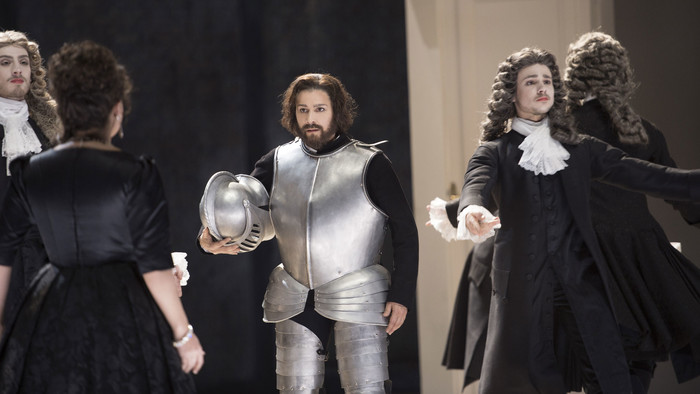
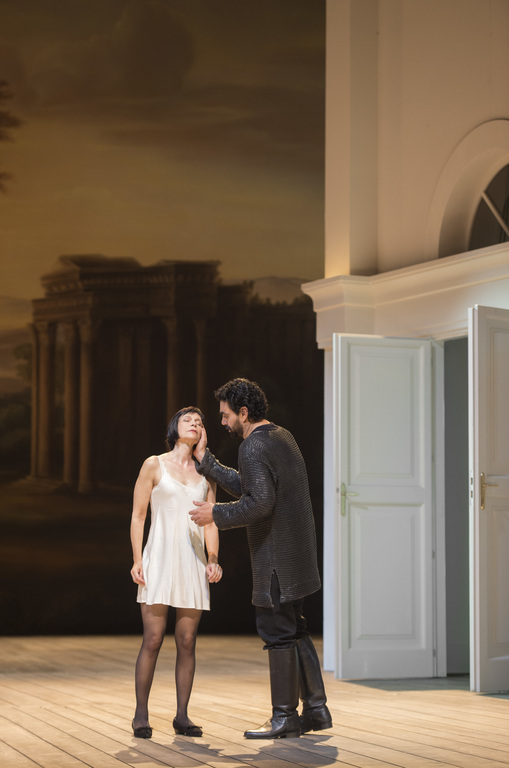
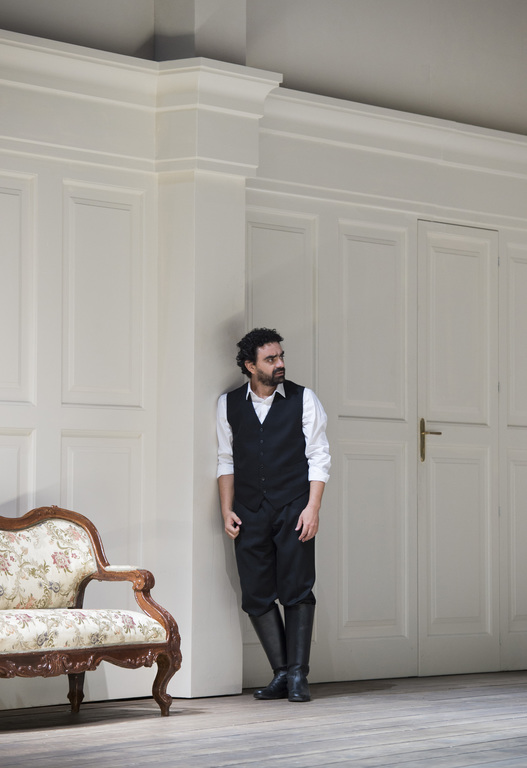
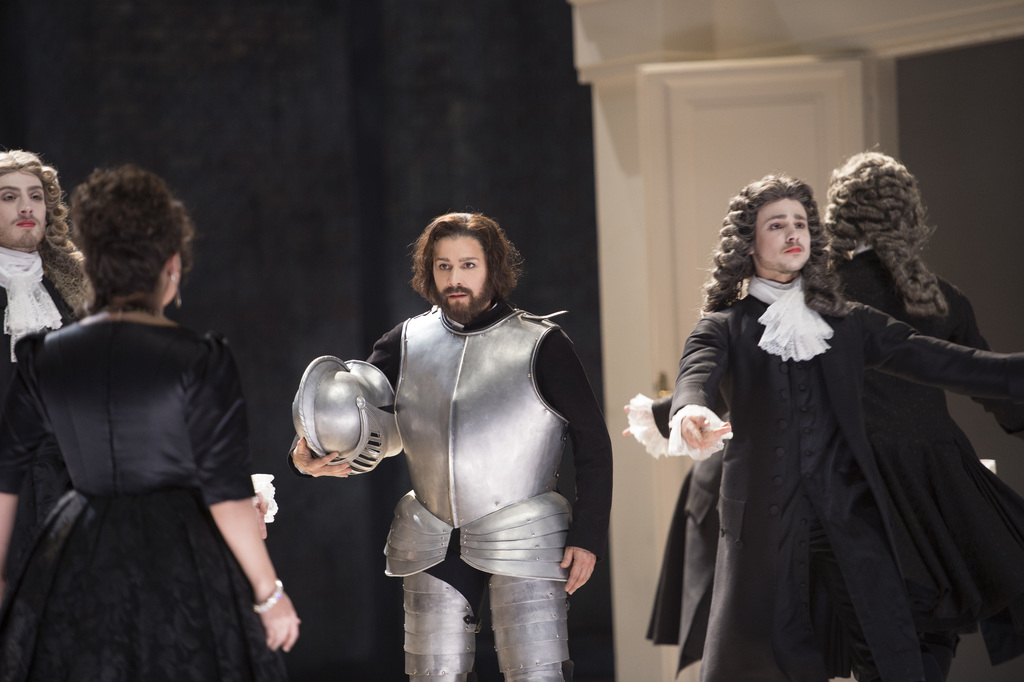
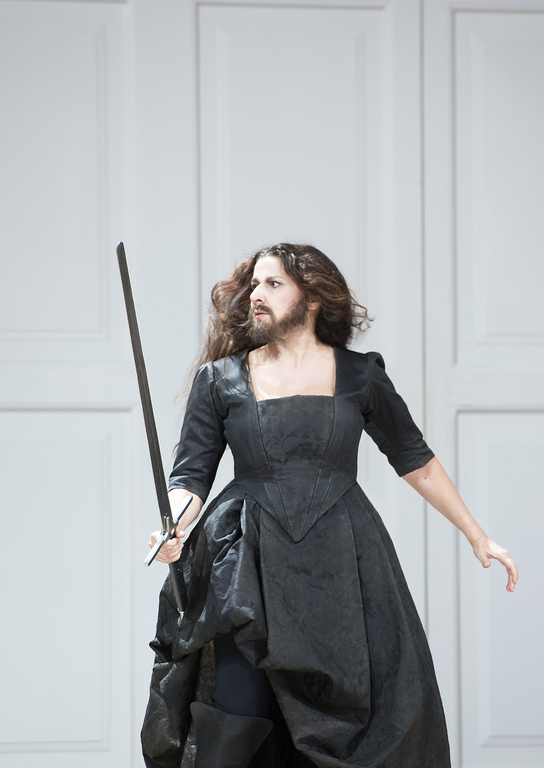
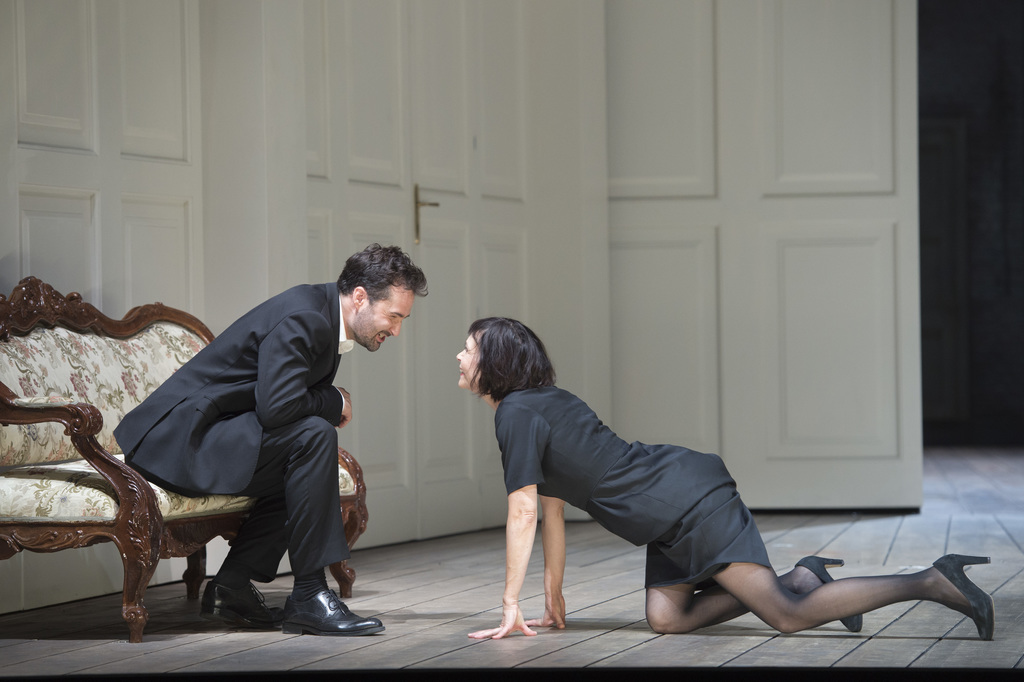
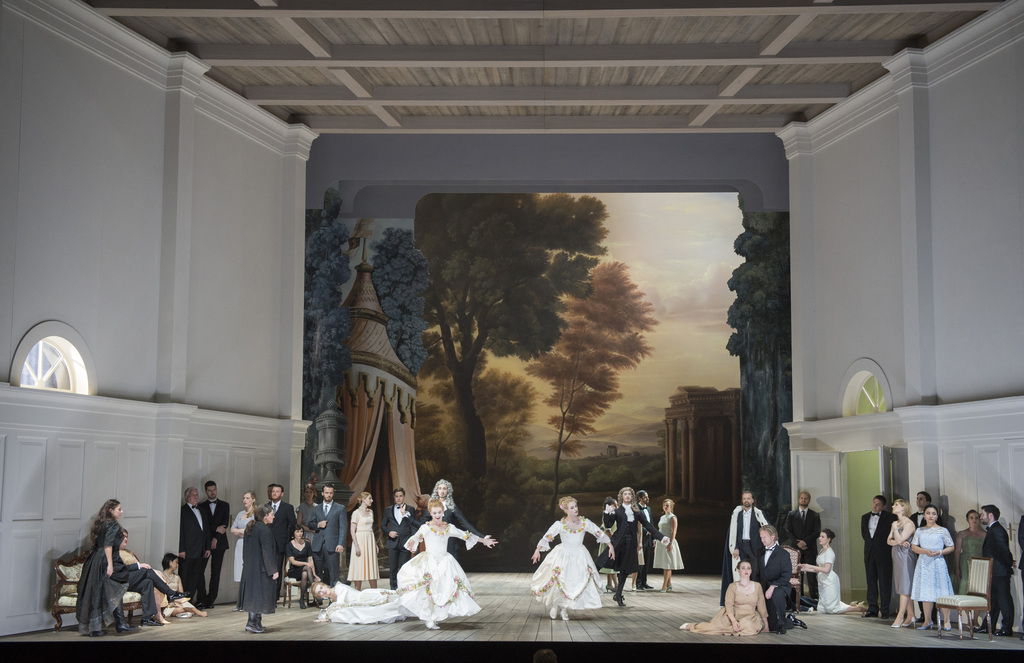
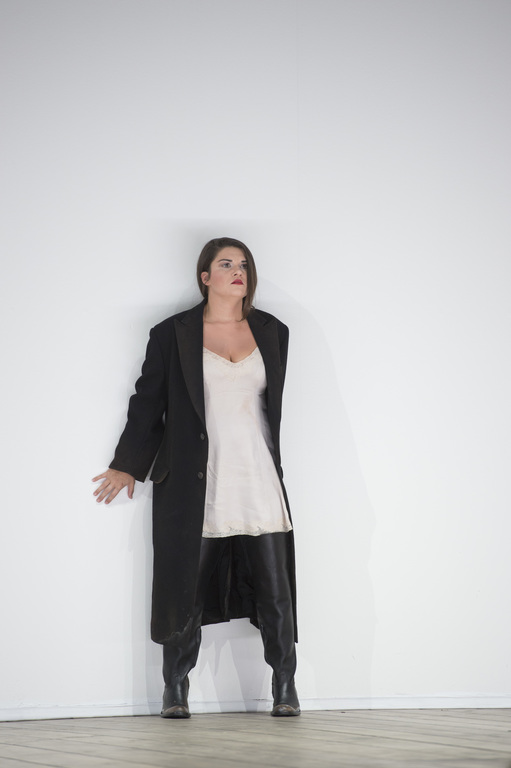
.jpg)